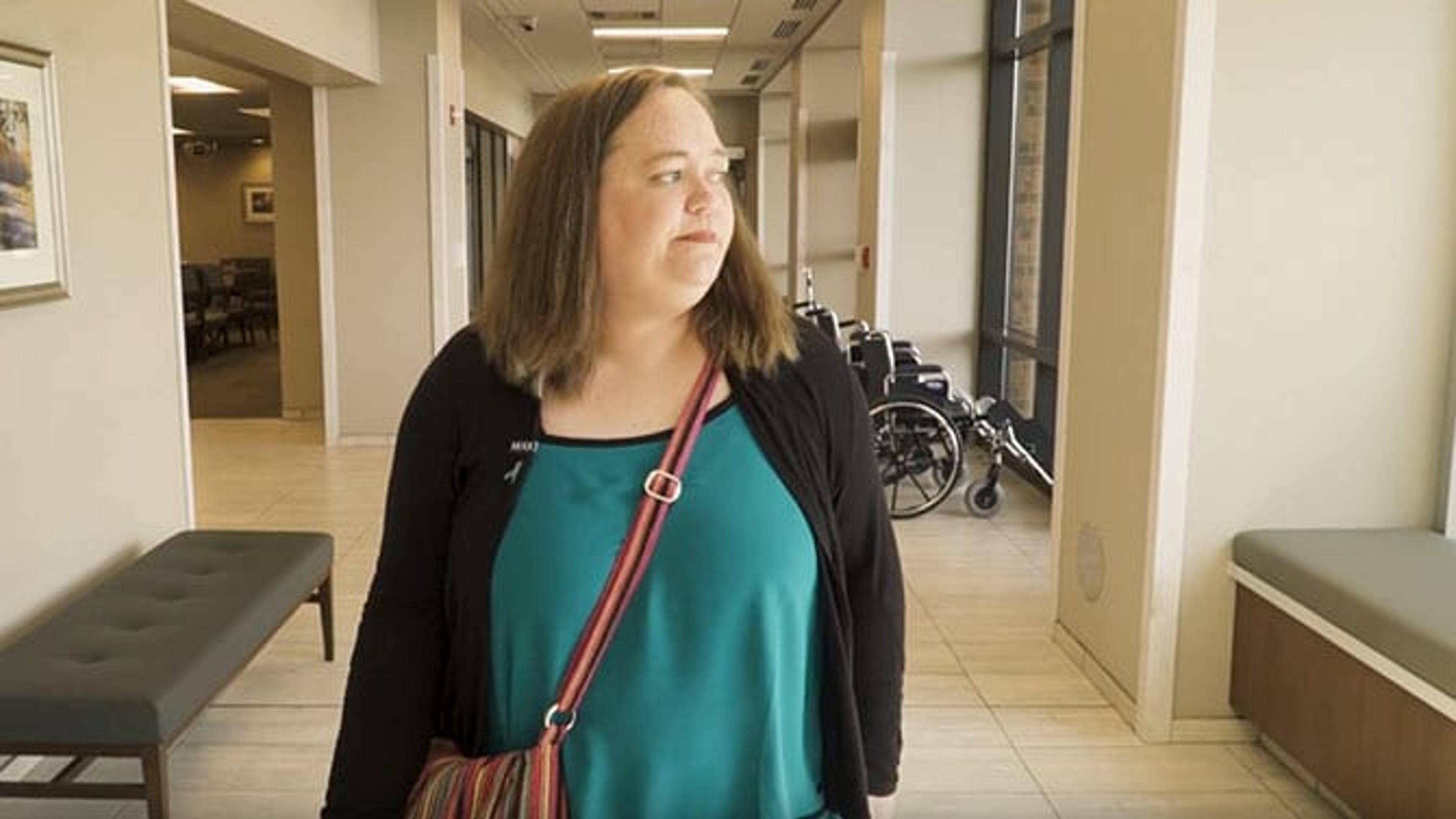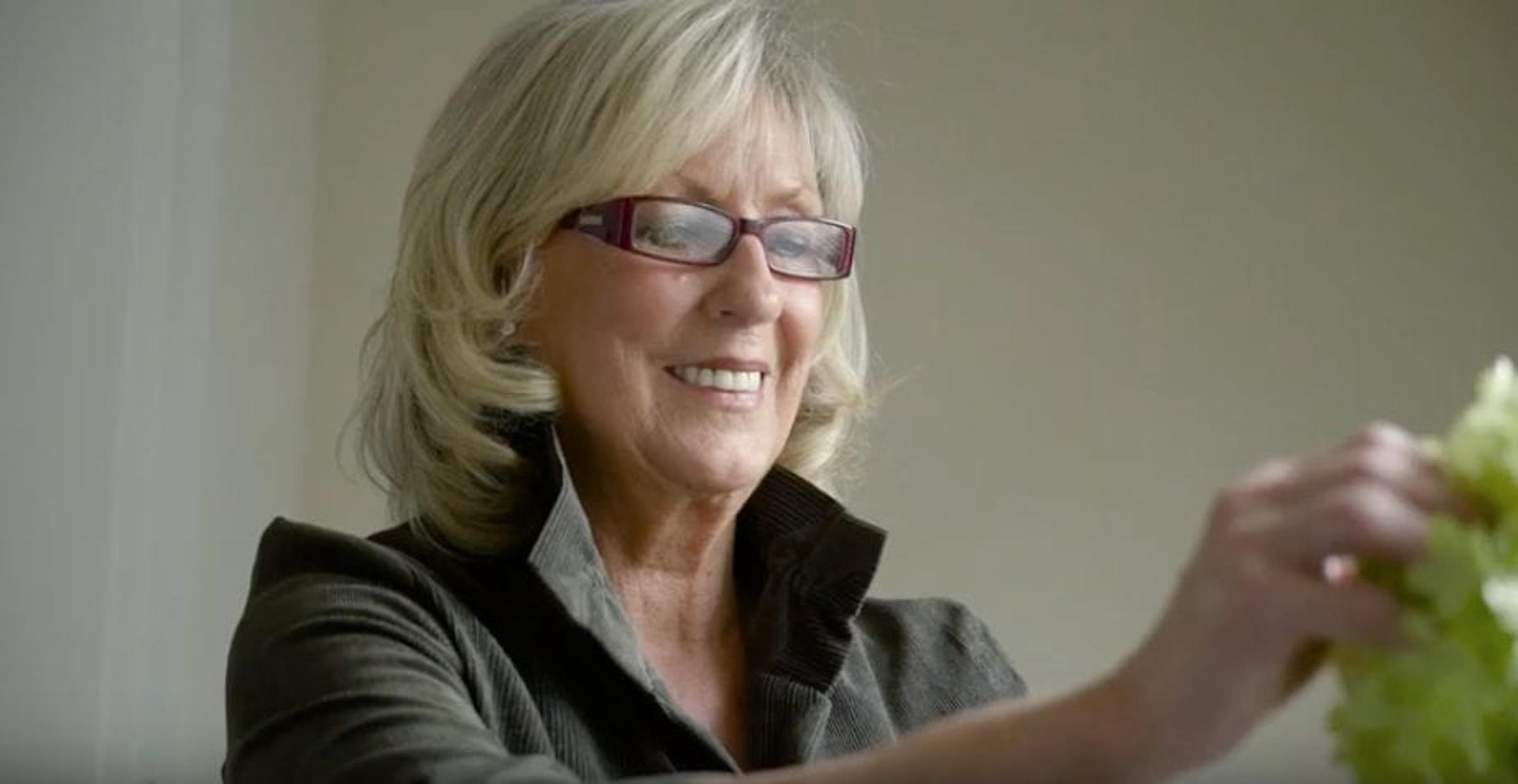The People Who Care for You: What It Takes to Become a Nurse
bcbsm
| 3 min read

One of the benefits to being a Blue Cross Blue Shield of Michigan member is that you have access to several different and qualified health care choices when it comes to getting the proper care as soon as you need it. In most cases, such as when you see your primary doctor, you have a general idea of the type of education and training the provider has received in order to treat you. However, if you choose to use our 24-Hour Nurse Line, a retail health clinic, or an urgent care center, you may not be familiar with the professional background of the person helping you during your non-emergency visit. The people you meet in-person and over the phone at these locations are registered nurses and nurse practitioners. They help you decode your combination of symptoms, come up with treatment options, and recommend if you need to see someone else for care. That’s a lot of responsibility, which explains why registered nurses and nurse practitioners have to get an extensive amount of education and training. Here’s a look at their path:
About Your Registered Nurse
Registered nurses handle many daily tasks, including administering medication, consulting with other healthcare providers, monitoring patients, educating individuals and family, and managing medical records. To get to this point, individuals must obtain either an Associate’s Degree in Nursing or a Bachelor’s of Science in Nursing. Both degrees must be received from an accredited college or university. Typical classes include anatomy, microbiology, chemistry, nutrition, psychology and nursing practice.
About Your Specialized Practitioner
An aspiring nurse practitioner has to go through all of the above and then some. NP students need a graduate degree called a Master of Science in Nursing. If they prefer, they can also get a Doctor of Nursing Practice (DNP) degree. Nurse practitioners’ course loads include similar classes as registered nurses, but at a higher level. Their education also includes specialized classes like pediatrics, family or primary care, gerontology, health systems management and more. Upon completion of a master’s or doctorate degree, nurse practitioners become licensed by meeting their state’s requirements. If they want to specialize, nurse practitioners have to become accredited based on various sets of standards set by the different accreditation organizations. This additional level of education makes these care providers qualified to take care of your health needs at any location, whether it’s over the phone or in-person. As you can tell, a registered nurse or nurse practitioner’s life of learning never really ends. Beyond receiving a degree, they are responsible for continuing their education and renewing their licenses throughout their career. So, whether you’re seeking care at a retail health clinic, urgent care center, or over the phone with the 24-Hour Nurse Line, you can rest assured that you are receiving expert care. To learn more about where to go for different medical needs, visit bcbsm.com/findcare. If you enjoyed this article, you may also want to read these other blogs:





